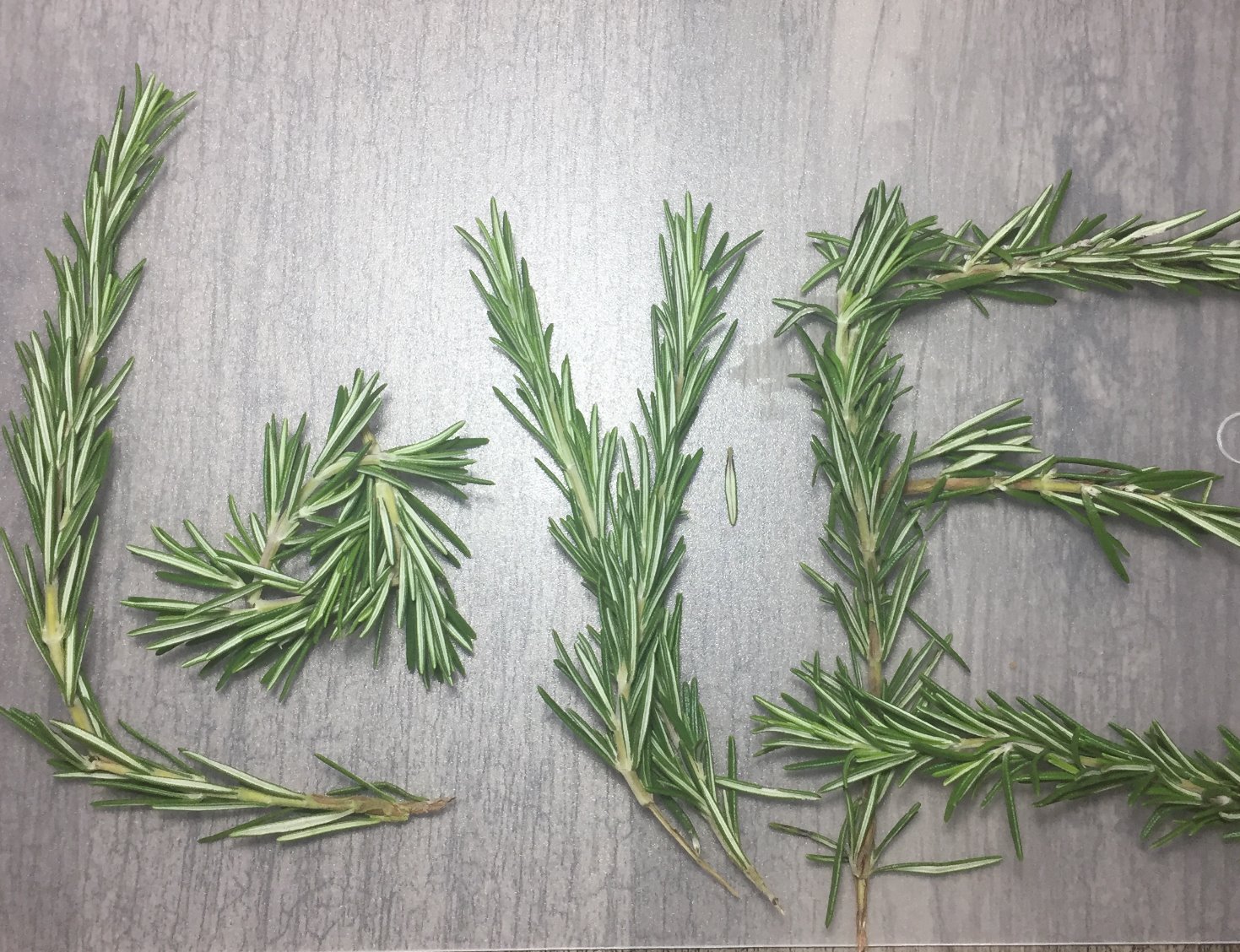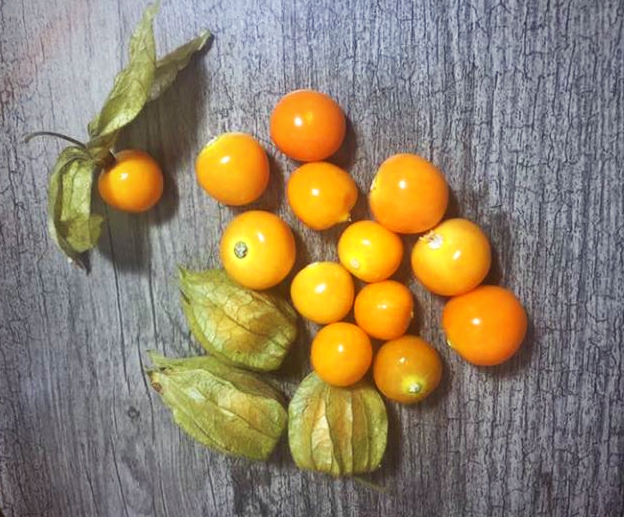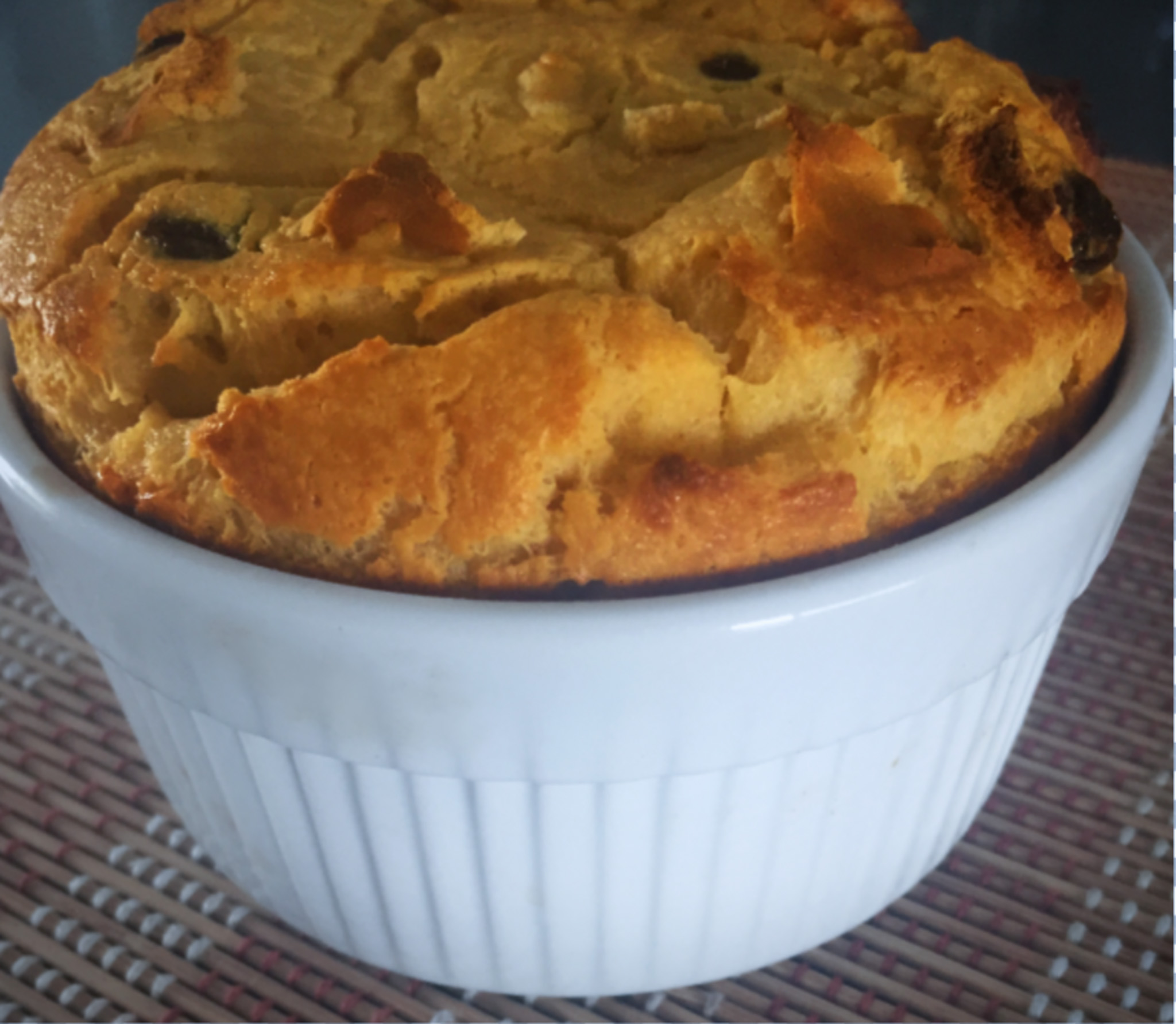
The Olea europaea, more commonly known as the Olive Tree, is an evergreen that has withstood the test of time. Famous for its drought-resistant qualities, this remarkable tree has flourished for millennia and holds a special place in many cultures and histories. One of its most famous mentions is in the Biblical story of Noah’s Ark. After the great flood, Noah sent out a dove, which returned on the seventh day with a fresh olive leaf, symbolizing peace, hope, and renewal.
A Mediterranean Native
The Olive Tree is indigenous to regions surrounding the Mediterranean, as well as parts of Asia and Africa. These trees can reach heights of up to 49 feet. The Piciottana, an Italian variety, can sometimes grow even taller. The Olive Tree’s longevity and adaptability make it a staple in these areas, thriving in poor soil conditions and enduring droughts with ease.
Diverse Varieties and Unique Flavors
The fruit of the Olive Tree, known simply as olives, is harvested during the green-to-purple stage of ripeness. Like wine and grapes, olives come in over 1,000 different varieties, each offering unique flavors shaped by the surrounding environment. The taste can vary from grassy, fruity to rich and earthy, depending on the soil and vegetation where they are grown.
Not only are olives a dietary staple in Mediterranean cuisine, but they also produce one of the most sought-after ingredients in the culinary world—olive oil. This versatile fruit is as nutritious as it is delicious, with olive oil being prized for its health benefits and use in cooking around the globe.
5 Benefits of Consuming Olive Oil
- Rich in Healthy Fats: Olive oil is high in monounsaturated fats, particularly oleic acid, which can help reduce inflammation and lower the risk of heart disease.
- Loaded with Antioxidants: It contains powerful antioxidants that can fight oxidative stress and inflammation, contributing to overall health.
- Supports Heart Health: Regular consumption can improve cholesterol levels and reduce blood pressure, promoting cardiovascular health.
- May Reduce the Risk of Stroke: Studies suggest that olive oil intake is linked to a lower risk of stroke, especially in people with a high intake of healthy fats.
- Anti-Inflammatory Properties: The oleocanthal compound found in olive oil mimics the effects of ibuprofen, helping reduce inflammation and associated chronic diseases.
Why is Olive Oil Considered Healthy?
Olive oil is a staple of the Mediterranean diet, which is widely regarded as one of the healthiest diets in the world. It is packed with monounsaturated fats, which are linked to numerous health benefits, including a lower risk of heart disease and stroke. Olive oil is also rich in antioxidants, which protect cells from damage caused by free radicals. Additionally, it contains anti-inflammatory compounds that help reduce inflammation in the body, supporting both heart and brain health.
How to Shop for Good Quality Olive Oil
When shopping for olive oil, look for labels that say “extra virgin” as it indicates the highest quality and least processed form. Avoid oils that list “refined” or “pure” on the label, as these have been chemically processed. A good quality olive oil will usually come in a dark glass bottle to protect it from light, which can cause it to degrade. Pay attention to the batch number, Estate or origin and harvest date to ensure freshness—olive oil is best consumed within a year of being bottled.
The At-Home Test
A simple test to check the quality of olive oil is to refrigerate it. Extra virgin olive oil will become cloudy and thicken in the fridge, which indicates the presence of natural waxes and healthy fats. However, this isn’t a foolproof test, as some oils may stay liquid due to specific processing methods. Always combine this with a taste and smell test—good olive oil should have a fresh, fruity aroma and a slightly peppery aftertaste.
Nectar Of The Gods
In ancient times, olive oil was revered as “Nectar of the Gods” or “Liquid Gold” due to its countless benefits. Known for its nutritional, medicinal and aesthetic properties, olive oil is a powerhouse of health-boosting compounds. It contains a rich blend of:
- Antioxidants: Protects cells from damage caused by free radicals.
- Flavonoids: Natural compounds with anti-inflammatory and antioxidant effects.
- Omega-9: A monounsaturated fat that promotes heart health.
- Amino Acids: Essential for protein building and tissue repair.
- Choline: Supports brain function and nerve health.
- Squalene: Known for its skin-protecting and anti-aging properties.
- Oleocanthal: An anti-inflammatory compound with effects similar to ibuprofen.
- Vitamins A and K: Present in high amounts, supporting eye health, blood clotting, and bone strength.
- Vitamins C and E: Powerful antioxidants that boost immune function and skin health.
- Minerals: Includes calcium, iron, sodium, magnesium, potassium, and phosphorus, all vital for bodily functions and bone health.
Olive oil’s unique combination of nutrients makes it a true elixir of well-being.
Versatile Uses of Olive Oil for Beauty and Health
Olive oil is not only a kitchen staple but also a natural beauty and wellness solution. From skincare to hair care, it offers numerous benefits that make it a must-have in your daily routine. Here are some of its top uses:
- Cleansing and Makeup Removal
Olive oil acts as an excellent natural cleanser. It effortlessly removes stubborn makeup, including mascara, color-stay lipsticks, and overall face makeup, without irritating the skin. Simply apply a few drops to a cotton pad and gently wipe away the makeup, leaving your skin feeling soft and clean.
- Eyelash Growth Enhancer
To naturally boost eyelash growth, apply a small amount of olive oil to your fingers and gently massage your lashes. The oil nourishes and strengthens them, helping to promote longer, fuller lashes over time.
- Nail Strengthener
Olive oil can also be used to strengthen brittle nails. Massage a few drops into your nails and cuticles regularly to enhance nail health, prevent breakage, and keep your hands looking well-groomed.
- Treatment for Chapped Heels and Elbows
If you suffer from dry, cracked heels or elbows, olive oil is an effective remedy. After a shower, massage the affected areas with olive oil to soften the skin and lock in moisture, resulting in smoother, healthier skin.
- Daily Moisturizer
Olive oil makes an excellent daily moisturizer. Apply it to your skin to hydrate and repair dry areas, leaving your complexion with a natural, healthy glow. It’s suitable for all skin types and can be used on the entire body.
- Hair Treatment
For soft, shiny, and strengthened hair, olive oil works wonders. Apply to damp hair and massage thoroughly to ensure full coverage. Then, cover your hair with a steam cap for about 15 minutes to allow the oil to deeply penetrate. Shampoo and style as desired. This treatment hydrates, softens, and promotes overall hair health.
Other Uses of Olive Oil
- Breastfeeding: Olive oil can be used to soothe and heal irritated or cracked nipples, providing relief for breastfeeding mothers.
- Dental Health: Olive oil is also beneficial for oral health. The practice of oil pulling—swishing olive oil in your mouth for a few minutes daily—helps promote healthy teeth and gums while freshening breath.
Olive oil’s versatility makes it a natural alternative to many beauty products. Whether you’re using it for skincare, hair care, or dental hygiene, it’s a simple and effective way to enhance your health and appearance.
Fascinating Facts About Olive Oil: From Ancient Times to Luxury Today
Olive oil is more than just a kitchen staple, its uses and significance have spanned thousands of years across various cultures. Here are some surprising facts about this ancient “liquid gold.”
- Olive Oil Helps Keep You Warm Did you know that applying olive oil to your skin helps to retain your body’s natural heat? This time-honored practice is especially useful in cooler climates or during the winter, making olive oil a natural warming agent.
- The Best Fat on Earth According to the World Health Organization, olive oil is considered one of the healthiest fats available. Rich in heart-healthy monounsaturated fats and antioxidants, it has earned a reputation as the “best fat on Earth.”
- Olive Oil as Soap in Ancient Times Before modern soap was developed, olive oil was used as a cleansing agent. In ancient Greece and Rome, people soaked their bodies in olive oil and then used a tool called a strigil to scrape away dead skin cells, leaving their skin soft and refreshed.
- A Daily Staple in Ancient Greece Olive oil wasn’t just a luxury in ancient Greece, it was considered an essential part of daily life. From cooking to skincare, it played a vital role in their diet and beauty regimen.
- The 5,000-Year-Old Olive Trees of Lebanon In Lebanon, there are 16 ancient olive trees believed to be over 5,000 years old, known as the Sisters of Noah. These trees have withstood the test of time and are a living link to the region’s deep agricultural heritage.
- The World’s Most Expensive Olive Oil Luxury olive oil exists, and one of the most expensive bottles ever sold is Lambda Ultra Premium Extra Virgin Olive Oil from Greece. This award-winning oil comes from a luxury brand and can fetch prices of over $14,000 per bottle. With meticulous attention to quality and exclusivity, it stands as a symbol of extravagance in the olive oil world.
These fascinating facts reveal how olive oil continues to captivate cultures across the world, from ancient uses to modern luxuries.



